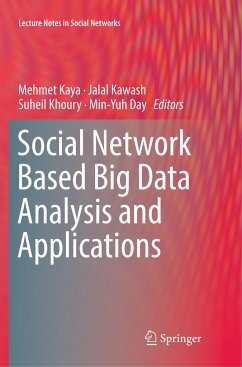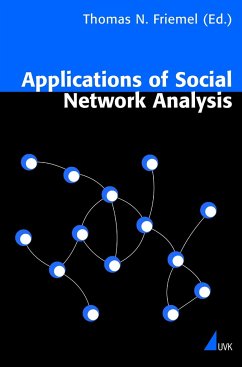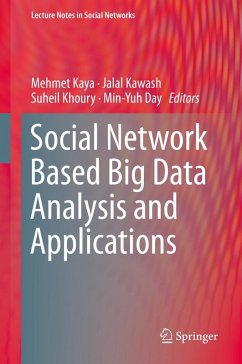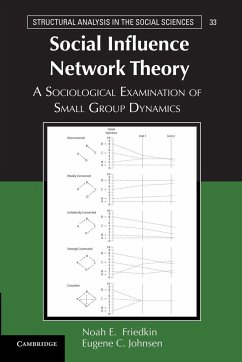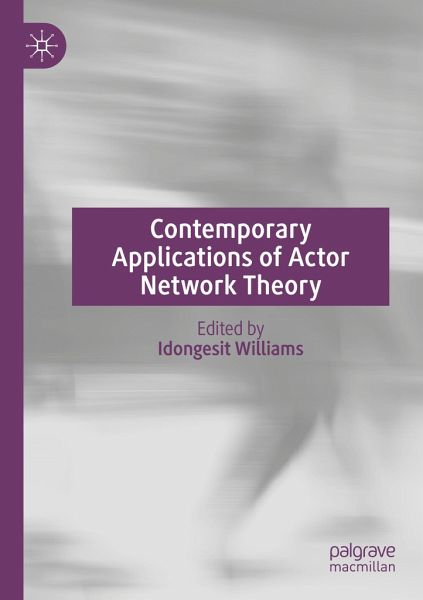
Contemporary Applications of Actor Network Theory
Versandkostenfrei!
Versandfertig in 6-10 Tagen
98,99 €
inkl. MwSt.

PAYBACK Punkte
49 °P sammeln!
This book provides empirically driven discussions and investigations in the relevance of Actor Network Theory (ANT) and its theoretical concepts. As our civilization evolves from a human to a technologically driven society, new socio-technical network of actors - in society, industry and government are emerging by the day. These networks of actors collaborate to produce contemporary goods and services; handle production processes; manage risks; develop social and commercial networks; develop policies; manage complexities; and create a new way of life. This book provides unique conceptual tools...
This book provides empirically driven discussions and investigations in the relevance of Actor Network Theory (ANT) and its theoretical concepts. As our civilization evolves from a human to a technologically driven society, new socio-technical network of actors - in society, industry and government are emerging by the day. These networks of actors collaborate to produce contemporary goods and services; handle production processes; manage risks; develop social and commercial networks; develop policies; manage complexities; and create a new way of life. This book provides unique conceptual tools needed to analyze such processes, highlighting the effectiveness of ANT in fostering collaborations between governments, organizations and society.





